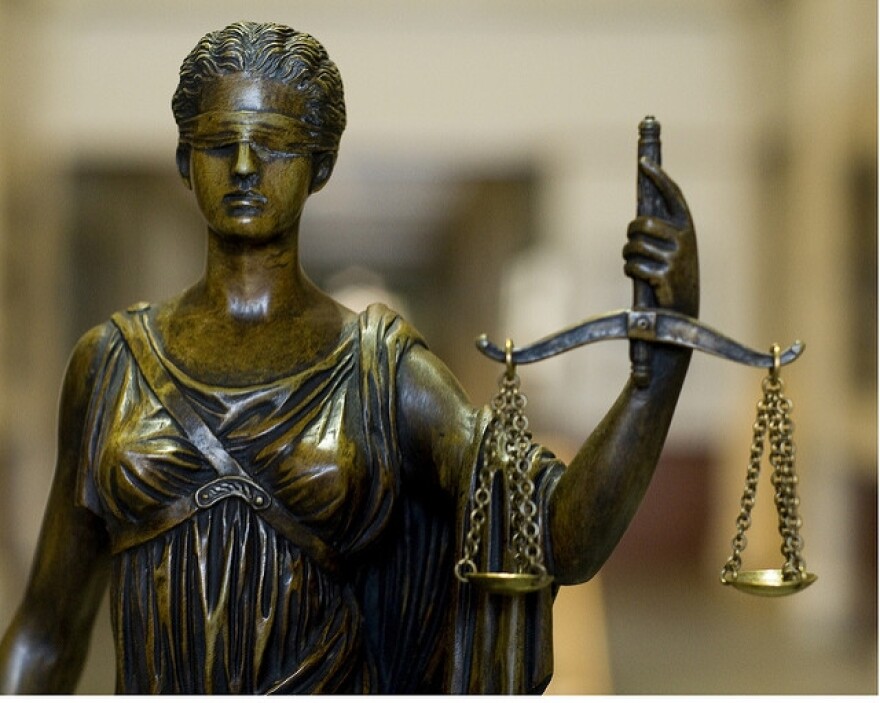Commentator and law professor Austin Sarat is nervous. He says federal judges’ rulings to block president trump’s executive order on immigration were stirring victories for the rule of law. But he says no one should be resting on their laurels.
The Ninth Circuit Court of Appeals held that the federal judiciary retains the authority to challenge executive action. Its decision echoes one made by the Supreme Court more than 40 years ago, when it ordered President Richard Nixon to turn over evidence in the Watergate case.
Back then, there was a widespread consensus on the virtues of the rule of law and the superiority of democracy as a form of government. Both were powerful symbols of American identity — so powerful that one hardly needed to discuss them.
That’s no longer so. Polls have shown that there’s been an erosion of faith in the foundations of our political system. Among Americans born in the 1930s, approximately 75 percent believed that democracy was essential. Among those born in the 1980s, however, only about 25 percent held a similar view.
President Trump is appealing to a remarkably receptive audience in his attempts to rule by decree.
Other studies found only half of the American people can name all three branches of the government or know that the power to declare war belongs to Congress.
Doubt about the effectiveness of democratic government is now the norm.
I see this decline first-hand on the college campus where I teach. My students have come of age in an era of partisan gridlock and growing social inequality. Doubt about the effectiveness of democratic government is now the norm.
I grew up in a time when civics was a regular part of the public school curriculum. My junior high civics class, while by no means a galvanizing experience, at least offered a rudimentary overview of the foundations of our political life. Civics education plays an essential role in equipping Americans for democratic citizenship. Though not necessarily in the form I experienced, it should be revived.
Our founders admonished us that, "Government must be able to control the governed. But," they said, "we must also oblige it to control itself."
The freedoms that Americans traditionally have prized depend on the rule of law and a functioning democracy. We need to rehabilitate both before this alarming crisis of faith worsens.
Austin Sarat teaches law at Amherst College.



